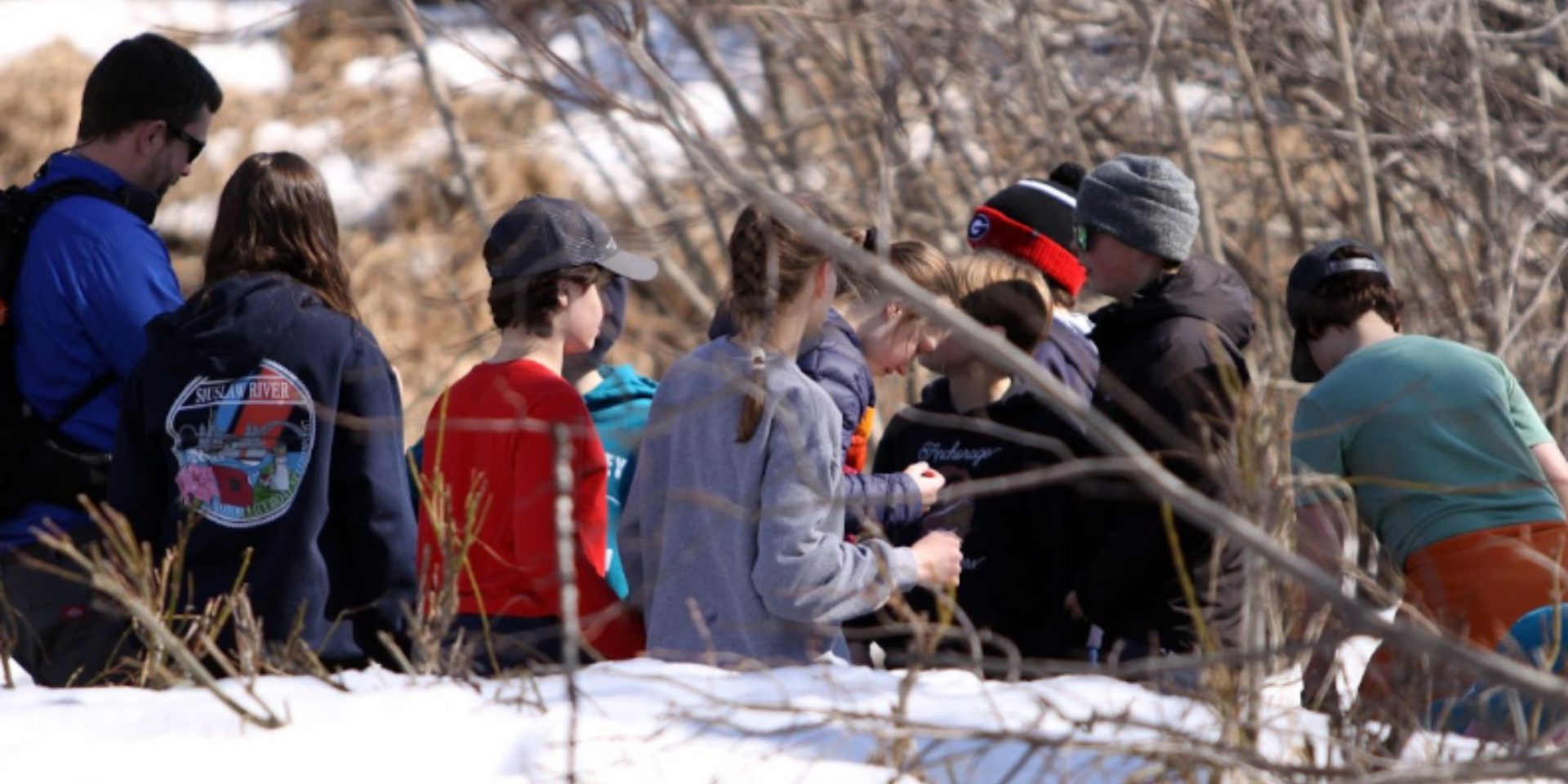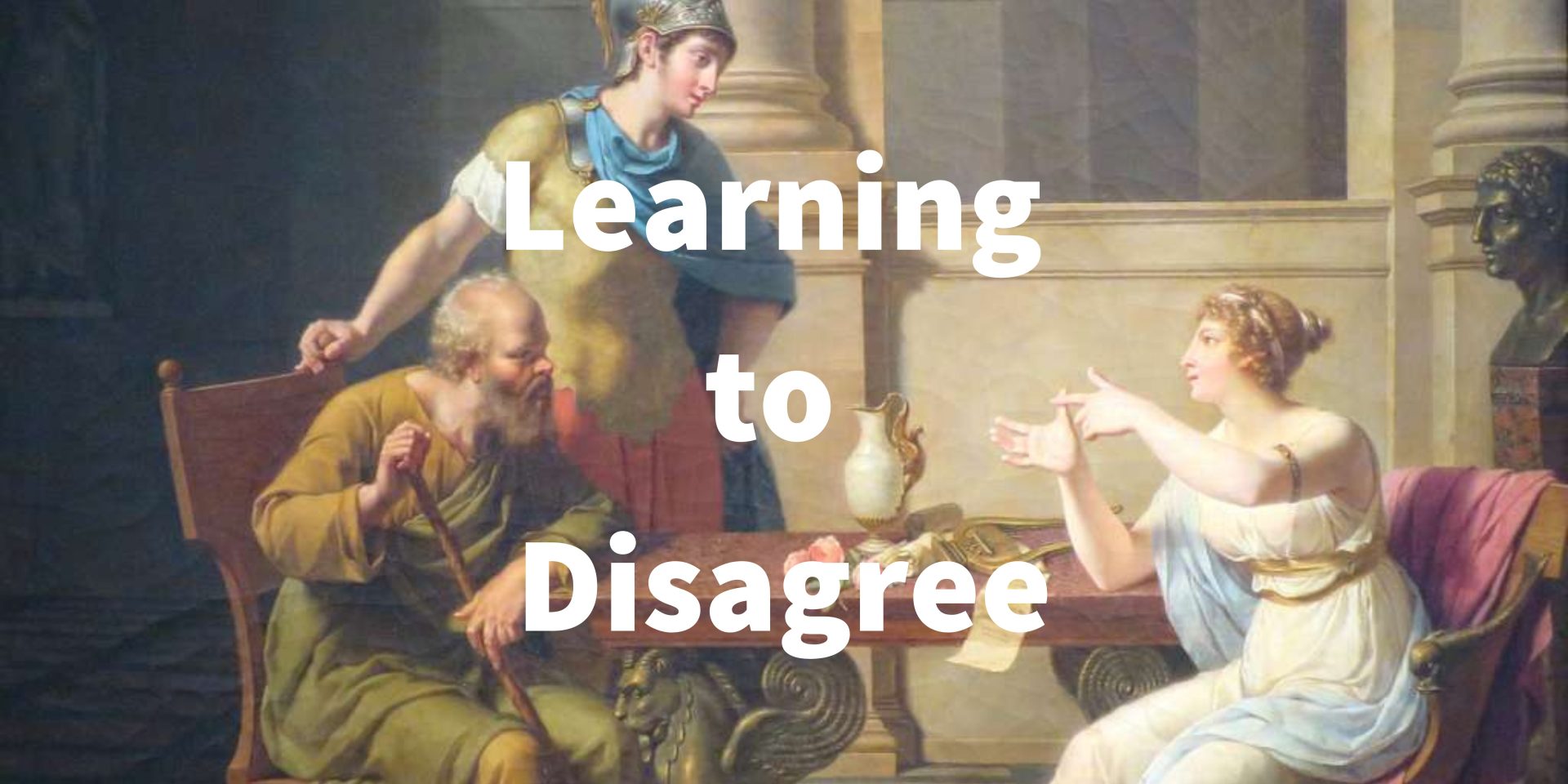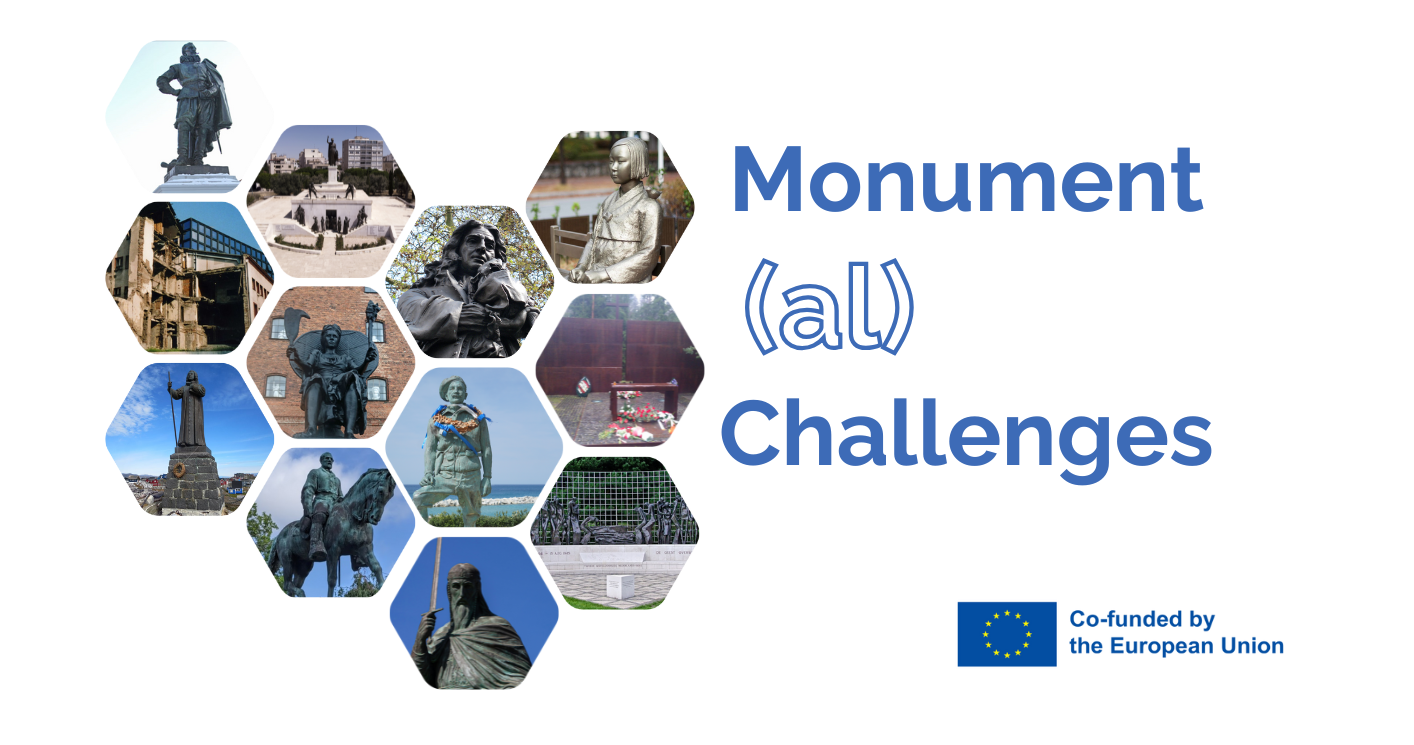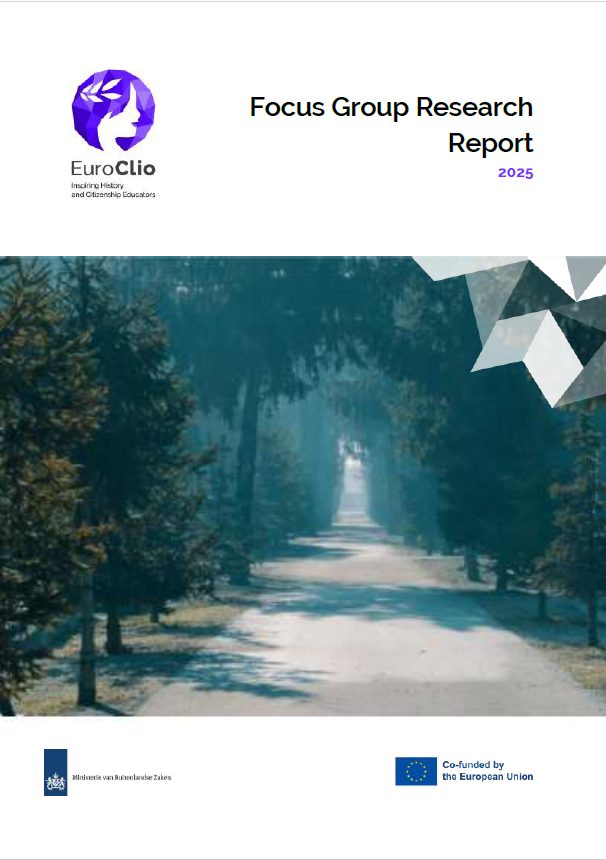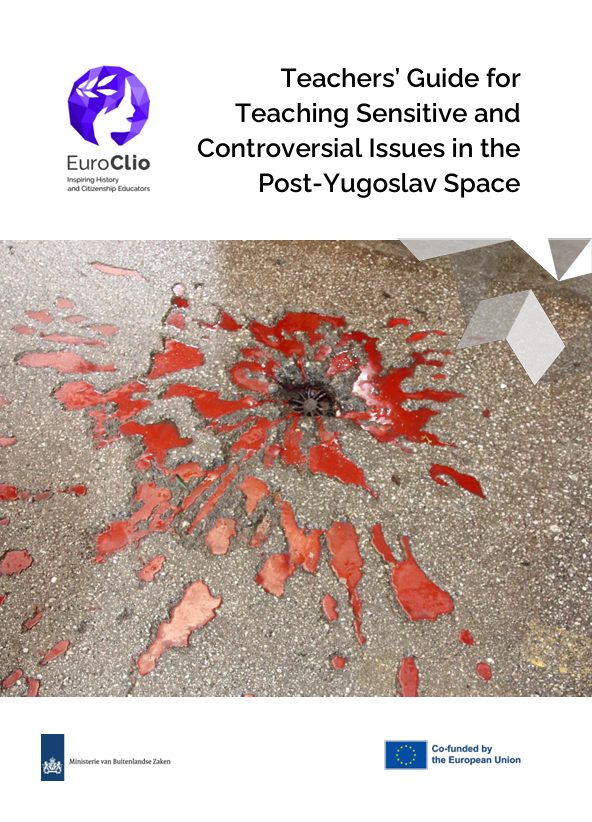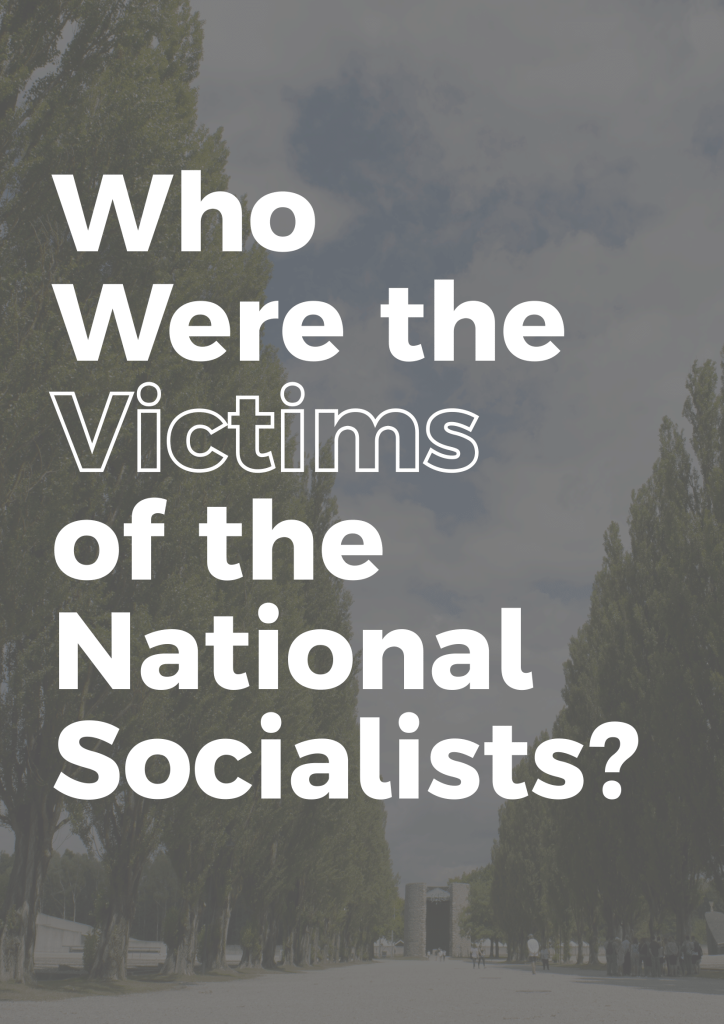
This is a Toolkit on “Who Were the Victims of the National Socialists?” that invites you, students, to explore the history of different groups of people persecuted by the National Socialists. In this journey, you will create your own local history project together with your peers. In the process, you will discover what ignites your curiosity and what stories you wish to unearth and share within your own community.
The Toolkit encourages you, teachers, to fully empower your students to be agents of their own learning journey and thus to become researchers of their local history. Through active decision-making, teamwork, research and co-creation, your students will give voice to victims of National Socialism and contribute to local memory and community.
The Toolkit contains:
- Step-by-step guidance on how to create a local history project, including examples piloted by our teams from Belgium, Bosnia and Herzegovina, Denmark, Slovakia and Spain;
- Information sheets with historical background on different groups persecuted by National Socialism;
- Guidance on how to conduct interviews and analyse images;
- A glossary, timeline and map;
- Lists with additional resources (websites, archives, documentaries, books and articles) to help you with your research for your local history project.
This Toolkit was developed within the framework of “Who Were the Victims of the National Socialists?”, a project of the Education Agenda NS Injustice funded by the Foundation Remembrance, Responsibility and Future (EVZ Foundation), and coordinated by EuroClio and the Max Mannheimer Study Centre.

